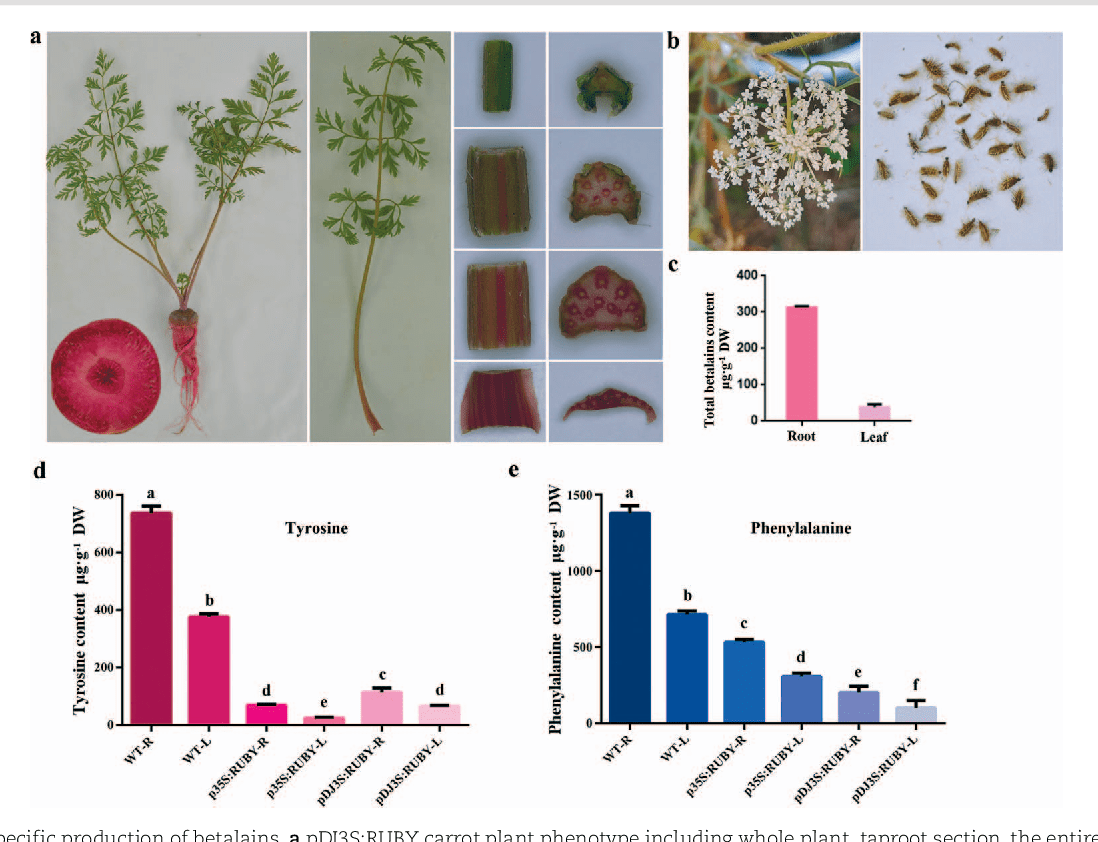Introduction to Carrot Engineering
Carrot engineering might sound like a quirky term at first, but it represents a fascinating intersection of agricultural science and technology aimed at optimizing carrot cultivation. With the growing global demand for efficient and sustainable farming practices, carrot engineering is transforming how we grow, harvest, and consume one of the world's most popular root vegetables. In 2024, advancements in this field are making it possible to produce healthier, more abundant carrot crops while minimizing environmental impact. This article delves into the innovative techniques and technologies that define carrot engineering today and explores how they're reshaping the future of agriculture.
The Science Behind Carrot Engineering
At its core, carrot engineering involves applying principles of genetic modification, soil science, and precision agriculture to improve carrot production. Genetic modification allows scientists to enhance desirable traits in carrots, such as disease resistance, nutrient content, and growth rate. Soil science plays a crucial role in understanding the optimal conditions for carrot growth, including soil composition, moisture levels, and nutrient availability. Precision agriculture, which utilizes data analytics and automated systems, helps farmers monitor and manage their crops with unparalleled accuracy. Together, these disciplines form the backbone of carrot engineering, offering a holistic approach to modern farming.
Benefits of Carrot Engineering
The benefits of carrot engineering extend beyond increased yields and pest resistance. By optimizing the growth conditions for carrots, farmers can produce crops that are not only more abundant but also of higher nutritional quality. This is particularly important as consumers become increasingly health-conscious. Additionally, carrot engineering helps reduce the use of chemical fertilizers and pesticides, promoting more sustainable and eco-friendly farming practices. The reduction in chemical use also leads to a decrease in production costs, making carrot farming more economically viable for small and large-scale farmers alike.
Innovative Techniques in Carrot Cultivation
One of the most exciting aspects of carrot engineering is the development of innovative cultivation techniques. Hydroponics and vertical farming are gaining popularity as they allow carrots to be grown in controlled environments, independent of traditional soil-based agriculture. These methods not only save space but also ensure optimal growing conditions, leading to higher quality produce. Additionally, advancements in drip irrigation and sensor technology enable precise water and nutrient delivery, minimizing waste and conserving resources. By embracing these cutting-edge techniques, carrot engineering continues to push the boundaries of what's possible in agriculture.
Challenges and Solutions in Carrot Engineering
Despite its numerous advantages, carrot engineering is not without its challenges. One of the primary concerns is the potential environmental impact of genetic modification and intensive farming practices. However, ongoing research is focused on developing sustainable solutions that balance productivity with ecological responsibility. Another challenge is the accessibility of these technologies for smallholder farmers, who may lack the resources to implement advanced systems. To address this, various organizations and governments are working to provide training and support, ensuring that all farmers can benefit from the advancements in carrot engineering.
The Role of Technology in Carrot Engineering
Technology plays a pivotal role in the advancement of carrot engineering. From drone surveillance to AI-driven data analysis, modern technology is revolutionizing how farmers manage their carrot crops. Drones equipped with multispectral cameras can monitor large fields, providing real-time data on plant health and growth patterns. Meanwhile, machine learning algorithms analyze this data to predict crop yields and identify potential issues before they become problematic. These technological innovations enable farmers to make informed decisions, increasing efficiency and reducing waste in the cultivation process.
Carrot Engineering and Climate Change
As climate change continues to pose significant challenges to global agriculture, carrot engineering offers promising solutions. By developing carrot varieties that are more resilient to extreme weather conditions, scientists can help ensure food security in the face of unpredictable climates. Furthermore, sustainable farming practices promoted by carrot engineering, such as reduced chemical use and water conservation, contribute to mitigating the effects of climate change. These efforts are crucial in creating a more resilient agricultural system that can adapt to and thrive under changing environmental conditions.
Carrot Engineering’s Impact on the Economy
The economic implications of carrot engineering are substantial. By increasing crop yields and reducing input costs, carrot engineering can improve the profitability of carrot farming. This, in turn, can stimulate local economies, particularly in regions where agriculture is a primary industry. Additionally, the demand for new technologies and equipment creates opportunities for innovation and entrepreneurship, further boosting economic growth. As carrot engineering continues to evolve, it has the potential to become a significant driver of economic development in both rural and urban areas.
Future Prospects of Carrot Engineering
Looking ahead, the future of carrot engineering is bright. As research and development efforts continue, we can expect to see even more sophisticated technologies and techniques emerge. These advancements will likely lead to further improvements in crop quality, yield, and sustainability. Additionally, as awareness of carrot engineering grows, more farmers will adopt these practices, driving widespread change in the agriculture industry. Ultimately, carrot engineering is poised to play a key role in shaping the future of food production, ensuring that we can meet the nutritional needs of a growing global population.
Conclusion: Embracing the Carrot Engineering Revolution
In conclusion, carrot engineering represents a revolutionary approach to agriculture that combines scientific innovation with practical farming techniques. By embracing this field, we can enhance the quality and sustainability of carrot production, benefiting both consumers and the environment. As we move further into 2024 and beyond, it's crucial for farmers, researchers, and policymakers to collaborate and support the continued development of carrot engineering. By doing so, we can ensure a healthier, more sustainable future for agriculture and food security worldwide. Embracing the carrot engineering revolution is not just about improving carrot crops; it's about paving the way for a more resilient and prosperous agricultural landscape.


